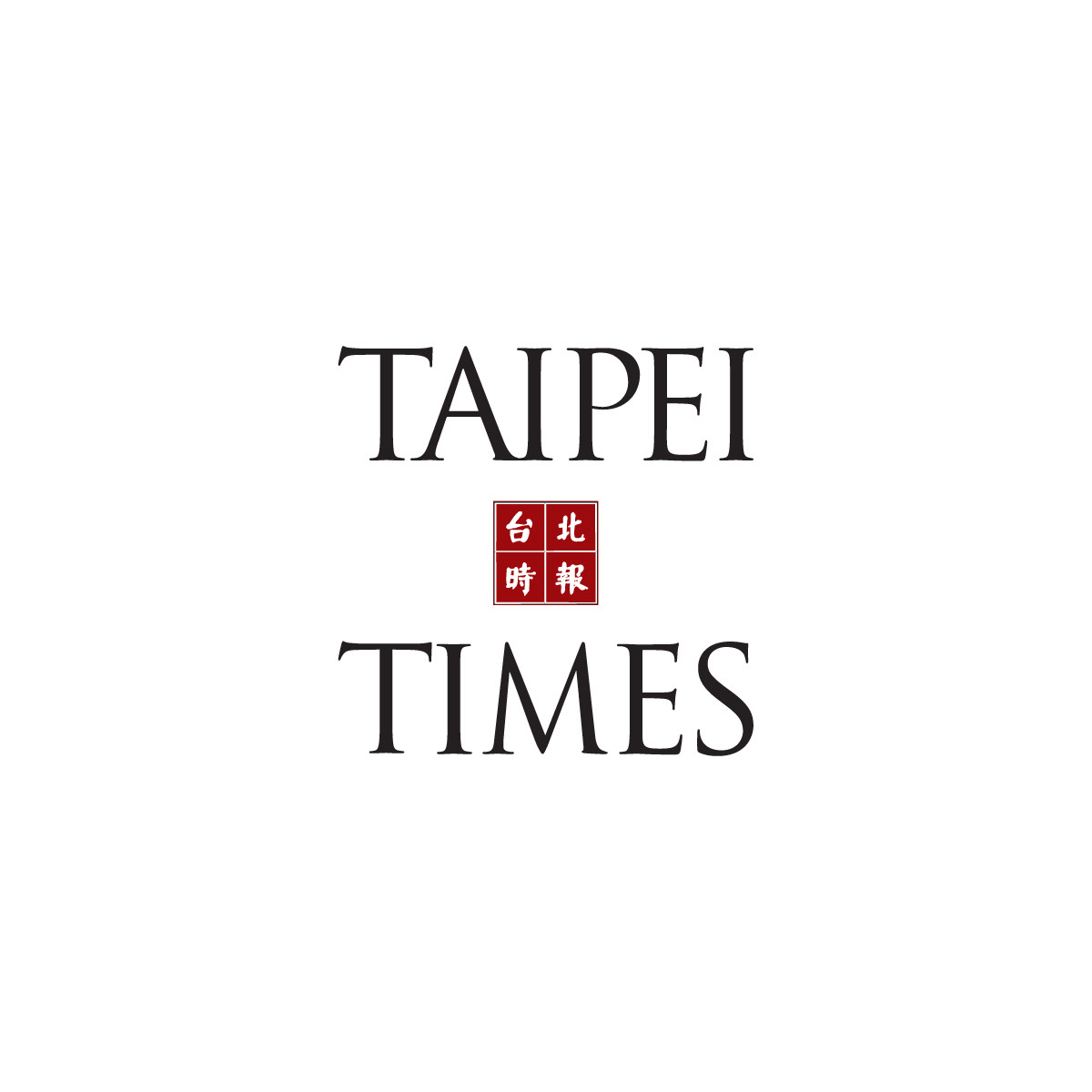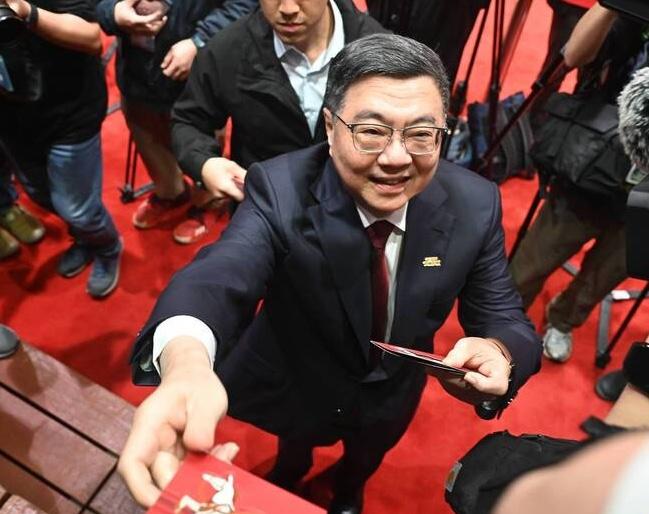
EDITORIAL: Monetary policy vigilance needed
Nonetheless, Powell’s remarks suggested that he might want to give himself leeway to digest further data before normalizing the Fed’s monetary policy. At the same time, investors did not have to worry about an abrupt change in the Fed’s policy potentially stirring near-term volatility in the financial markets. The Bank of Korea on Thursday became the first Asian central bank to tighten its monetary policy during the COVID-19 pandemic, as it raised its repo rate by 25 basis points to 0.75 percent. Other Asian central banks might not follow Seoul’s example in the near term, as financial imbalance concerns were the main reason behind the South Korean central bank’s move. Apart from a mild and benign inflationary pressure, the central bank’s steady-handed policy is also supported by the uneven growth in Taiwan’s export-oriented and domestic demand-reliant sectors, Yang said.
Source: Taipei Times August 29, 2021 16:02 UTC







